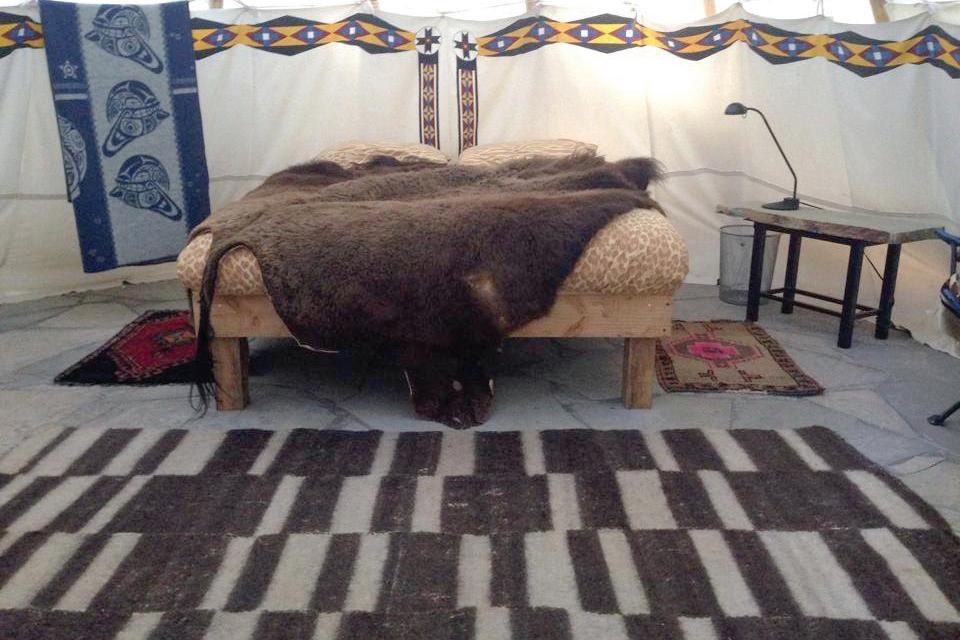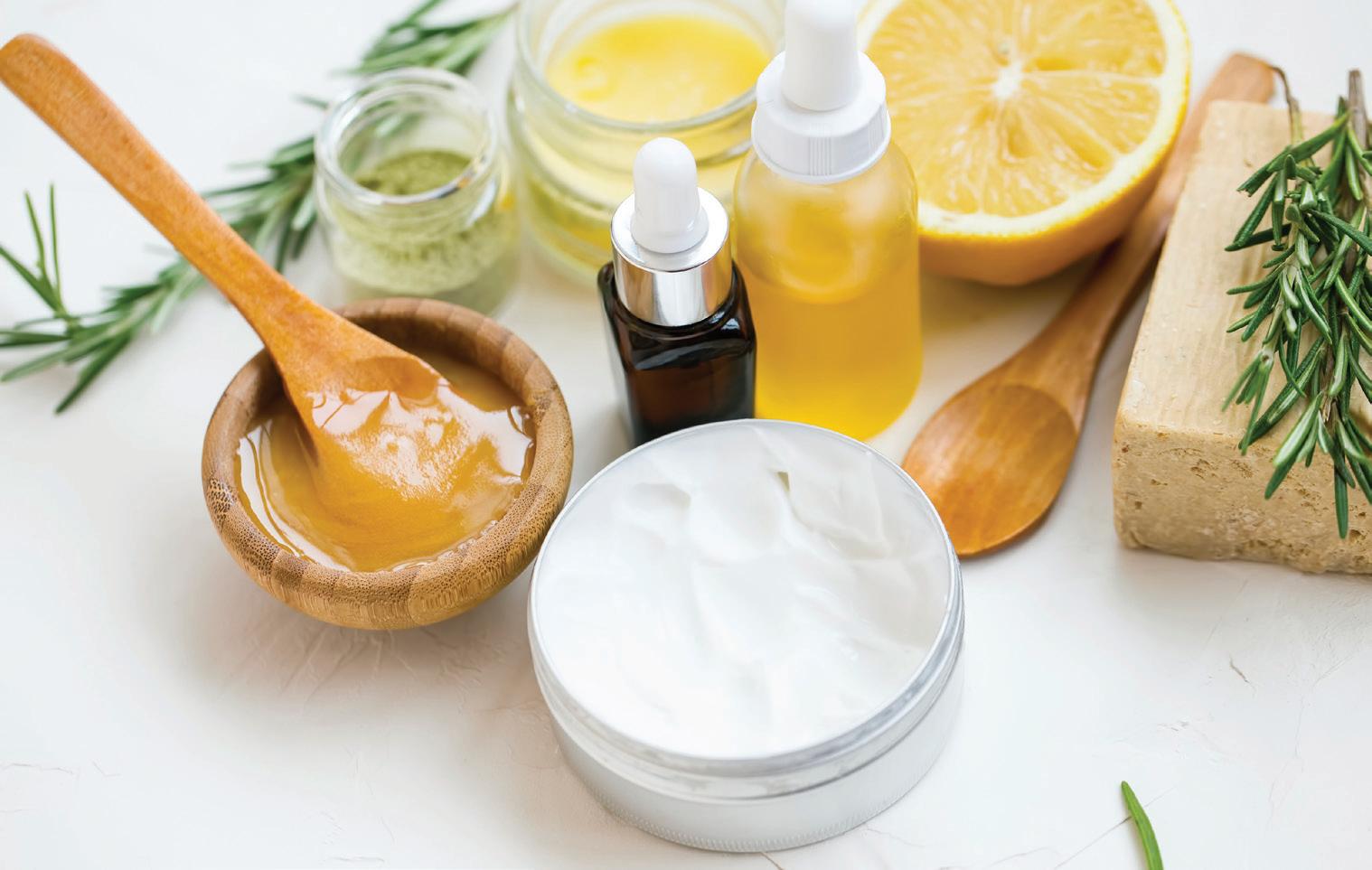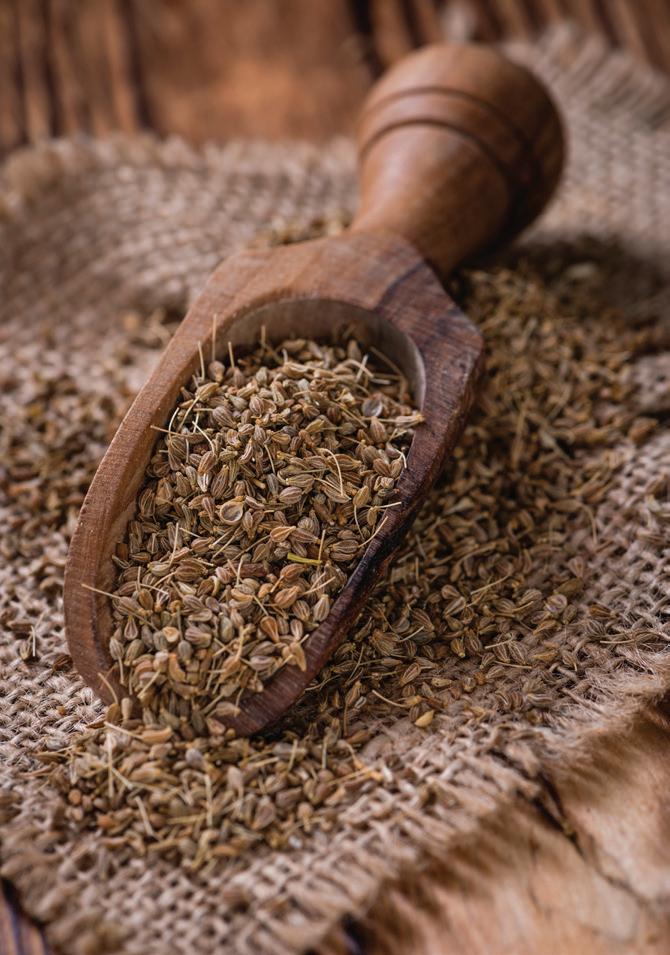
6 minute read
DISCOVER
Improve Sleep
WITH ACUPUNCTURE
Advertisement
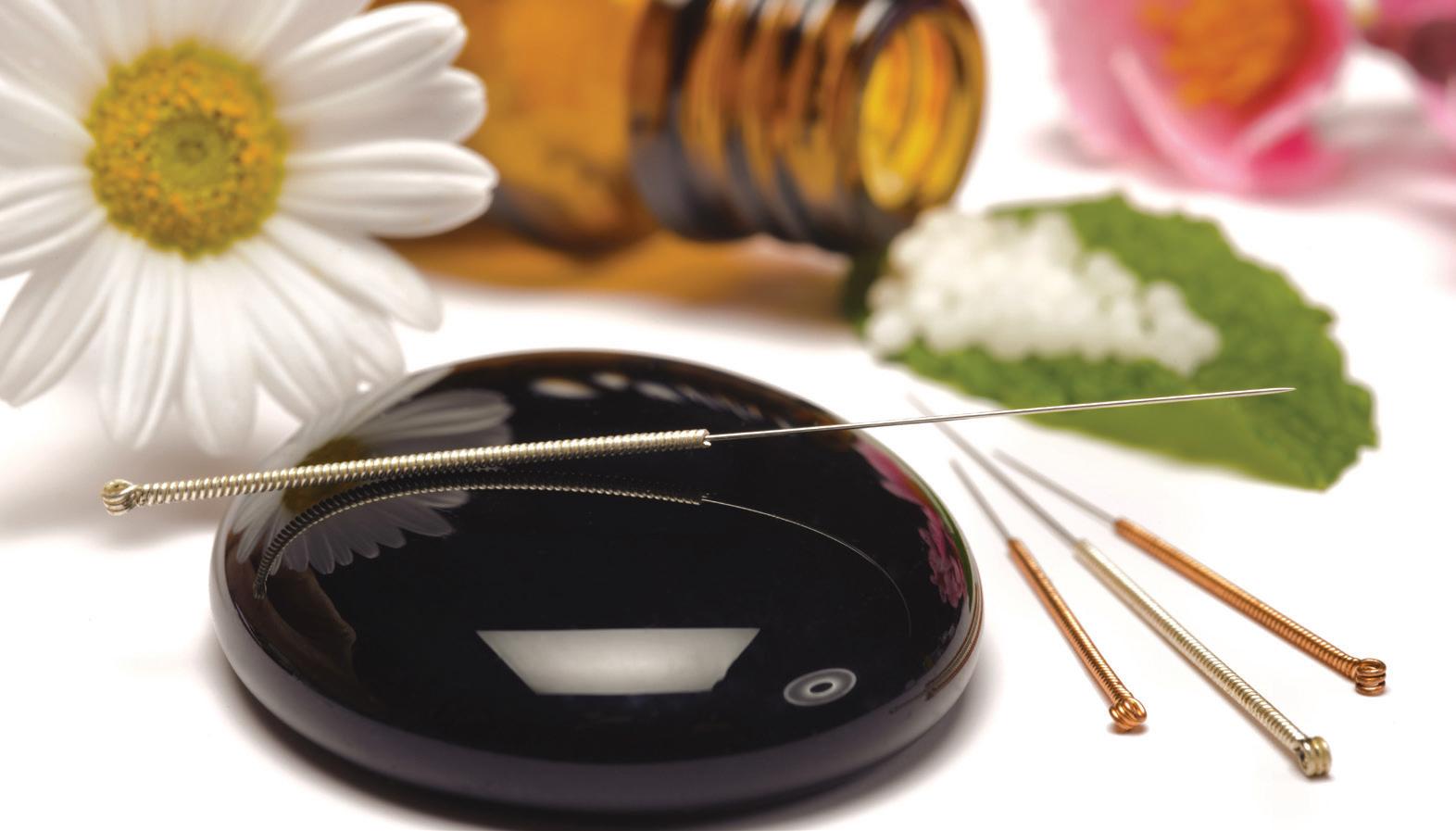
By S. J. Merens
Many men and women try several suggestions for curing insomnia and become frustrated when nothing works. They may be unaware that acupuncture helps some individuals solve this problem. Just a few sessions can make a significant improvement in the ability to fall asleep and avoid waking up far too early.
HOW DOES ACUPUNCTURE ENHANCE SLEEP? This method appears to increase the body's nighttime production of melatonin, a natural hormone that helps regulate the sleep cycle. The body normally increases melatonin production as daylight fades, leading to drowsiness at night when most people want to sleep. Melatonin supplements are available, but they cause side effects in some individuals. They also have negative interactions with many prescription drugs. The supplements are not effective for everyone. Another benefit of acupuncture is the possible increase in the brain's levels of serotonin. Like melatonin, this hormone and neurotransmitter is also important in the sleeping and waking cycle. Serotonin helps with the waking process and with feeling alert and active during the day. Low serotonin levels can lead to lethargy and fatigue. This is one reason why some antidepressants are designed to increase serotonin levels in the brain.
WHAT TO EXPECT AT AN
ACUPUNCTURE SESSION
The practitioner evaluates the patient's physical condition and asks questions about general health and sleep issues. Typically, the person lies face down on a padded table while the acupuncturist gently places thin needles at specific points. Depending on what the practitioner believes is best for a particular client, the treatment might last for up to 30 minutes. People generally find these sessions to be relaxing. They may need two or three sessions before positive results are experienced, but some notice improvement after only one appointment.
Research has confirmed that acupuncture helps many individuals resolve their problems with insomnia. Anyone ready to try this strategy for sleep problems should schedule an appointment with an acupuncturist.
WHAT DOES THE RESEARCH SAY?
A review of studies that was published in 2009 verified the effectiveness of acupuncture for enhancing sleep. The authors included 46 randomized trials with about 3,800 participants. They found acupuncture to be significantly more effective than no treatment for insomnia. Combining this therapy with prescription sleep medication boosted sleep quality as compared with medication alone. The same was true for combining acupuncture with herbs recommended for sleep enhancement. This review appeared in the Journal of Alternative and Complementary Medicine.
A more recent review of studies was published in 2016 in Complementary Therapies in Medicine. Thirty randomized controlled trials were included with a total of nearly 2,400 participants. This review confirmed that true acupuncture was more effective than fake treatment. It also was superior to pharmaceutical treatment using benzodiazepines, such as alprazolam and diazepam.
AD
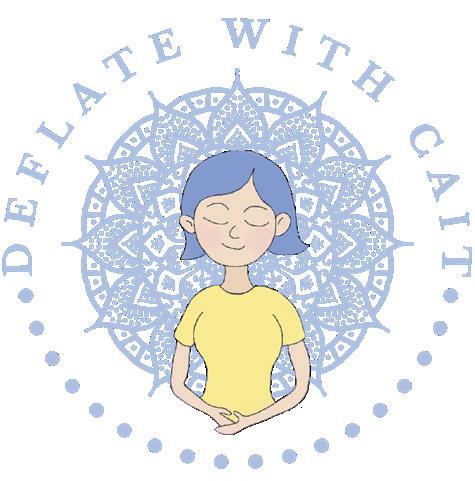

Why Mindfulness MATTERS
By Caitlyn McKey
Hello fellow fast-paced life goer! How’s that super speedy life going for you right now? Experiencing a bit of burnout? Feeling a little stressed?
How about that brain fog? Do you actually know where your keys are?
Don’t worry my friend, you’re not alone. These are all side effects of the fast-paced modern life we’re all experiencing these days. As a professional using daily mindfulness-based art practices, I’m here to share with you a few small mindfulness practices that you can easily incorporate into your day-today, and the benefits that slowing down more regularly can have in your life. So, what exactly is mindfulness? Jon
Kabat-Zinn, an American professor and author of "Mindful," defines it as “the awareness that arises through paying attention on purpose, in the present moment, non-judgmentally, through the service of self-understanding, and wisdom.” Have you ever been reading a book, and in the middle of a sentence remember you need to go grocery shopping? Or maybe you need to take care of the laundry? But then you take mental note of that thought and then go right back to reading. The action of being distracted and then pulling your attention back to the original intentional action, in this case reading, is in its purest form mindfulness. Mindfulness is different from meditation in that it is more of an umbrella term under which meditation fits. What’s great about mindfulness is that you can get the same benefits from a daily meditation practice, but in a shorter amount of time.
SOME SIMPLE MINDFULNESS PRACTICES INCLUDE:
• breathing practices where you do a repeated cycle of breaths, focusing intentionally on the breath itself • mindful eating where you pay full attention with all five senses to the food you’re consuming • mindful walks where similarly to mindful eating you’re again using all five senses while going for a walk for anywhere from 1 minute to an hour in length
Difficult feelings, emotions, and pain are all factors of a human life, however, daily mindfulness practices show that these do not have to rule the ways in which we exist. Studies have shown that a daily mindfulness practice can lower stress, increase our overall sense of calm, increase social emotional skills by deepening our uses of empathy and compassion, aid in managing difficult feelings, reduce brain fog and brain chatter and increase our overall physical health.
If you would like to learn more about the benefits of mindfulness, different mindfulness practices to incorporate into your day, or even more specifically mindfulness-based art practices be sure to check out my website deflatewithcait.com, or you can follow me on Instagram and Facebook @deflatewithcait, where I showcase my program weaving together mindfulness and arts-based practices to highlight the inherent mindful properties of art making.
AD
By Chet McDonahue




Vacation isn't what it used to be. Gone are the days of stale resorts catering to the masses. Now travelers around the world crave fresh and exhilarating experiences. Enter glamping, a portmanteau of camping and glamour, that infuses the best of both worlds. Glamping gives people an opportunity to get back to the basics of camping without compromising the luxury of vacationing. It's an eco-friendly approach to lodging that allows travelers to immerse themselves in a region. Getting close to nature is a special moment, but existing within nature is unique in way that can only be experienced. NATURE RENEWAL YOGA AND MEDITATION RETREAT
Not many people ever get the chance to sleep in a tipi in a secluded forest. This isn’t specifically marketed as a couple’s retreat, but whether or not you go with a loved one, self-love always thrives in nature. Make it a girls trip–glamping in style.
The tipis are furnished with linens and beds for a glamping experience. If you’re not quite ready to dive into the tipi life, they have a few cabins available as well. Gourmet meals are served on the patio or by the creek. Between yoga sessions, soak in the hot tub on the property or connect with the abundant wildlife from afar. You’ll share the space with deer, turkey, elk and many other beautiful creatures. A local swimming hole is a 15-minute walk from the property; bring your mineral sunscreen!
The healing power nature has on humans is being studied on many levels. It’s not uncommon to hear about forest bathing being prescribed for nature deficit disorder. This retreat tucked away in the Mohawk Valley east of Eugene, Oregon offers nourishment for your mind, body and spirit.
The Natural and Zen Style Tipi Village in Oregon July 30 - Aug 1, 2021 $250 deposit Total TBD
